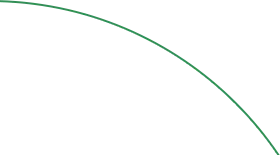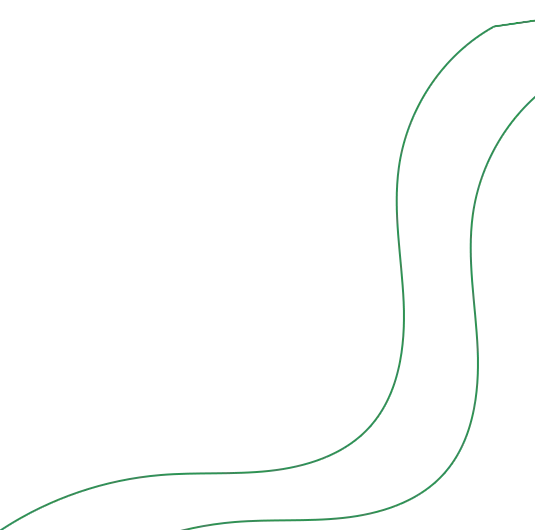Definition
Set theory operations follow several identities and laws that govern how sets behave under union, intersection, and complement. These laws are foundational in mathematics, computer science, and logic.
Set Operations are fundamental mathematical tools that allow us to combine, compare,
and manipulate sets to create new sets. These operations form the algebraic foundation of set theory,
enabling logical reasoning, database queries, and mathematical analysis across countless applications.
🎯 What does this mean?
Set operations are like mathematical tools in a toolbox - each one serves a specific purpose for
combining and manipulating collections of objects. Union is like "gathering everything together,"
intersection finds "what's common," difference "removes unwanted parts," and complement "finds what's missing."
These operations follow logical patterns and can be combined to solve complex problems about relationships
between groups, collections, and categories.
\[ A \cup B \]
Union - All elements in A or B or both
\[ A \cap B \]
Intersection - Elements common to both A and B
\[ A - B \]
Difference - Elements in A but not in B
\[ A \triangle B \]
Symmetric Difference - Elements in A or B but not both
\[ A^c \]
Complement - Elements in universal set but not in A
\[ A \times B \]
Cartesian Product - All ordered pairs (a,b)
\[ \emptyset \]
Empty Set - Set with no elements
\[ U \]
Universal Set - Set of all elements under consideration
\[ \lor \]
Logical OR - At least one condition is true
\[ \land \]
Logical AND - Both conditions must be true
\[ \oplus \]
Exclusive OR - Exactly one condition is true
\[ |A| \]
Cardinality - Number of elements in set A
🎯 Essential Insight: Set operations are the mathematical equivalent of logical reasoning -
they allow us to combine, filter, and analyze relationships between groups in a systematic way! 🎯
🚀 Real-World Applications
💾 Database Operations & SQL
Query Processing & Data Analysis
SQL JOIN operations, WHERE clauses, UNION queries, and data filtering directly implement set operations for database management
🔍 Search Engines & Information Retrieval
Query Logic & Result Filtering
Boolean search queries, keyword combinations, result filtering, and recommendation systems use set operations to match user intent
🎯 Marketing & Customer Segmentation
Target Audience Analysis & Campaign Planning
Customer segments, demographic intersections, exclusion lists, and A/B testing groups rely on set operations for precise targeting
🔐 Computer Science & Programming
Algorithm Design & Data Structures
Set-based data structures, algorithm optimization, logical programming, and computational complexity analysis use set theory foundations
The Magic: Databases: Query logic → Efficient data retrieval, Search: Boolean operators → Relevant results,
Marketing: Audience overlap → Targeted campaigns, Programming: Set logic → Elegant algorithms
Before applying set operations, visualize what each operation accomplishes:
Key Insight: Set operations are logical tools that mirror how we naturally think about
groups and relationships. Each operation serves a specific purpose: gathering (union), finding common ground
(intersection), removing unwanted elements (difference), and finding what's missing (complement)!
💡 Why this matters:
🔋 Real-World Power:
- Data Analysis: Filter and combine datasets for insights
- Decision Making: Analyze overlaps and differences between options
- Problem Solving: Break complex relationships into manageable parts
- Logic Design: Build complex logical systems from simple operations
🧠 Mathematical Insight:
- Operations follow algebraic laws (commutative, associative, distributive)
- De Morgan's laws connect complements with other operations
- Cardinality formulas quantify operation results
🚀 Practice Strategy:
1
Visualize with Venn Diagrams 🎨
- Draw overlapping circles for each set
- Shade regions corresponding to each operation
- Key insight: Visual patterns reveal operation logic
2
Learn the Operation Purposes 🎯
- Union: "Everything together" (OR logic)
- Intersection: "What's common" (AND logic)
- Difference: "Remove this part" (EXCEPT logic)
- Complement: "What's missing" (NOT logic)
3
Apply Algebraic Laws 🧮
- Use commutativity when order doesn't matter
- Apply associativity for multiple operations
- Leverage distributive laws for complex expressions
4
Master De Morgan's Laws 🔄
- Complement of union = intersection of complements
- Complement of intersection = union of complements
- Use to simplify complex expressions
When you see set operations as logical tools that mirror natural thinking about groups and relationships,
mathematics becomes a powerful language for analyzing and solving real-world problems!
Memory Trick: "Operations = Organized Relationship Actions" - UNION: Gather all together,
INTERSECTION: Find common ground, DIFFERENCE: Remove unwanted parts
🔑 Key Properties of Set Operations
🔄
Algebraic Structure
Follow commutative, associative, and distributive laws
Enable systematic manipulation and simplification
⚖️
Logical Consistency
Operations correspond to logical connectives
Mirror natural reasoning patterns
🎯
Closure Property
Operations on sets always produce sets
Results can be input to further operations
📊
Cardinality Relationships
Predictable size formulas for operation results
Enable quantitative analysis of combinations
Universal Insight: Set operations are the mathematical embodiment of logical thinking -
they provide systematic ways to combine, compare, and analyze relationships between collections! 🎯
Union (∪): "Everything together" - combines all elements
Intersection (∩): "Common ground" - finds shared elements
Difference (−): "Remove parts" - excludes unwanted elements
Complement (ᶜ): "What's missing" - finds excluded elements



